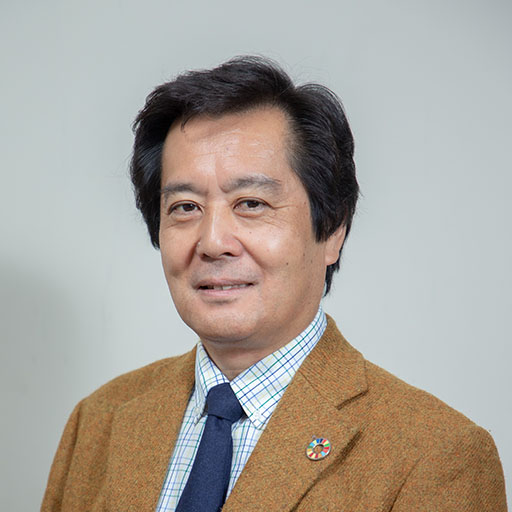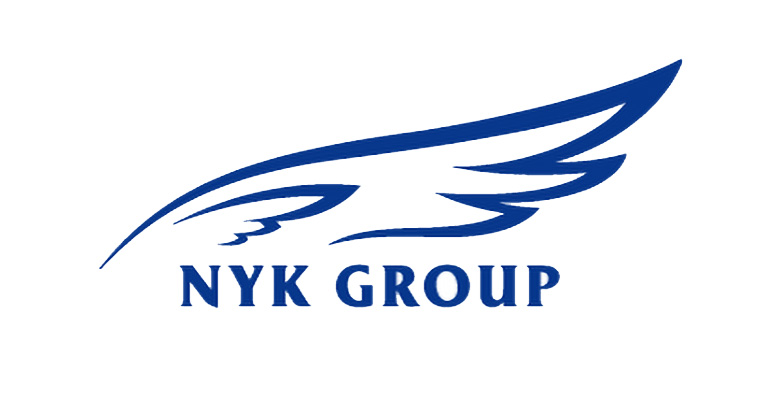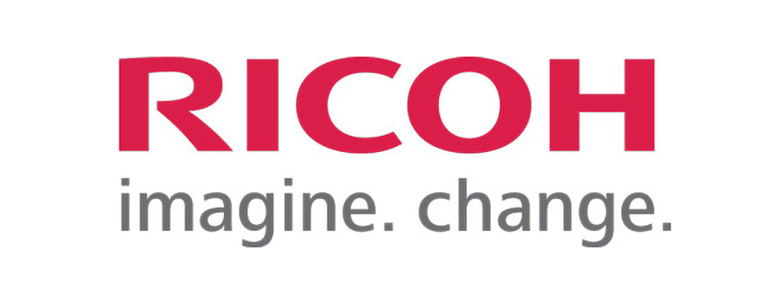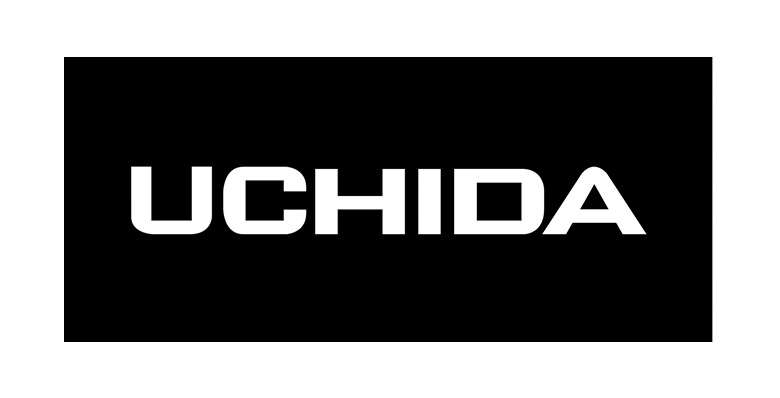ESG: Business for the Good of the World
Now that the race to decarbonize has become a global effort, ESG (Environmental, Social, and Corporate Governance) initiatives are recognized as important factors to consider when making investment decisions in global business.
Increased attention on the SDGs
In recent years, we have seen a global movement toward investment focusing on ESG (Environmental, Social, and Corporate Governance). Awareness has continued to spread, with more companies now understanding that the integration of perspectives that take into account the UN’s Sustainable Development Goals (SDGs) is essential to ensure long-term growth.
Of the 17 SDGs, the highest priority is to make our society sustainable through complete decarbonization. Many companies are still hesitating, but this issue is not simply a matter of whether companies can or cannot implement zero-carbon management - their only choice is to implement it or do nothing. A company’s ability or inability to exercise leadership and implement this new style of management will also be a key point of evaluation for stakeholders.
This does not just apply to investors. The millennial generation cares deeply about diverse values and individuality. Their selection of products and services depends very strongly on whether they can feel a sense of trust and affinity with the company providing those products and services. Companies can create this feeling of affinity among stakeholders by indicating a proactive stance in responding to social issues.
 Naoya Hasegawa is a professor in the Faculty of Sustainability Studies at Hosei University. His research focuses on business and sustainability, and the history of entrepreneurship. He recently co-wrote “Sustainable Management of Japanese Entrepreneurs in Pre-War Period from the Perspective of SDGs and ESG.”
Naoya Hasegawa is a professor in the Faculty of Sustainability Studies at Hosei University. His research focuses on business and sustainability, and the history of entrepreneurship. He recently co-wrote “Sustainable Management of Japanese Entrepreneurs in Pre-War Period from the Perspective of SDGs and ESG.”
Komatsu

Komatsu is working to achieve a safe, highly - productive, smart and clean workplace of the future through the concept of “DANTOTSU Value”. We seek to solve ESG issues through our core business by providing high-quality, high-efficiency products, services, and solutions ensuring safety and reduction of environmental impact in response to climate change.
In order to reduce CO2 emissions in product use, we are working to promote automation, electrification, and remote control of our products for optimization of construction. As a recycling-oriented business, we are also focusing on forestry mechanization (planting, cultivating, and harvesting trees) and the remanufacturing business (remanufacturing key components). In production, we are aiming to develop plants with zero impact on the environment and workers in consideration of the global environment and the work environment. In this way, we are working to reduce CO2 emissions by 50% by 2030 (compared to 2010) and to achieve a 50% renewable energy use rate in electricity consumption by 2030.
NYK Line

The NYK Group will seek to integrate ESG factors with management strategies by making decisions not only based on economic efficiency but also on social and environmental contributions. We will advance ESG management that simultaneously enables corporate, environmental, and social sustainability. Doing so requires making decisions not only based on traditional economic yardsticks that measure corporate value enhancement in terms of economic efficiency and business scale but also in line with ESG yardsticks that measure contributions to the resolution of social and environmental issues.
Although our ambition of becoming a corporate group that ceaselessly takes on new challenges in pursuit of a medium- to long-term vision is a very lofty goal, we will once again initiate in-house reform with a view to realizing ESG management.
Ricoh

Since 2017, Ricoh has accelerated efforts to integrate sustainability into its business strategy. Positioning the achievement of a zero-carbon society as one of our materialities, or key goals, Ricoh has led the way by declaring that the company will be effectively carbon neutral by FY2050. We have already received the Science Based Targets Initiative’s approval for our FY2030 environmental target to reduce greenhouse gas emissions by 63% (compared to the FY2015 baseline) to obtain Science-Based Targets (SBT) 1.5C certification. We are also proactively utilizing renewable energy and became the first Japanese company to join RE100. Ricoh has become a leader in responding to climate change both in Japan and overseas through efforts including signing the UN’s Uniting Business and Governments to Recover Better statement. We recently declared our intention to accelerate our efforts even further by revising our renewable electricity target upward to 50% by FY2030 in conjunction with our Mid-Term Management Plan that will begin in 2021. Ricoh continues to work toward the twin goals of achieving a sustainable society and enhancing our corporate value.
Toray

Since Toray’s founding in 1926, we have always believed that materials can change lives, true to our fundamental corporate principle of contributing to society. At the Toray Group, we make it our mission to deliver innovative technologies and advanced materials that provide real solutions to the challenges the world faces with regard to balancing development and sustainability.
We are convinced that Toray can continue to grow without negatively impacting global sustainability. By delivering on our corporate philosophy of “contributing to society through the creation of new value with innovative ideas, technologies and products,” we will do our utmost to address global issues, including the goals of the Paris Agreement and the United Nations Sustainable Development Goals (SDGs), while working closely with our business partners worldwide.
Tsubakimoto Chain

The Tsubaki Group is an expert in the art of moving, providing everything from machine parts to entire systems. We have contributed to the resolution of environmental issues by reducing energy use and ensuring the effective use of resources. Our Environmental Philosophy recognizes that environmental conservation is one of the most important issues shared by humankind. We will continue to give full consideration to environmental issues in all aspects of our global business activities, contributing to the development of a sustainable society by generating both environmental and economic value through manufacturing.
From the outset, our Group has worked to reduce CO2 emissions from manufacturing processes and reduce our impact on the environment. We have also proactively developed and expanded our range of Eco Products (SDG-oriented products). Through these initiatives, we aim to achieve sustainabl
The achievement of a zero-carbon society is now an urgent issue for our planet. We see this challenge as an opportunity for growth, and will continue to implement changes to create a society that can exist in harmony with the Earth.
tsubakimoto.com/sustainability
Uchida Yoko

In 2015, the Uchida Yoko Group established its group vision, “Creating Value from Data and Collaborating in the Design of Knowledge,” in anticipation of the social structural changes that would occur in 2025 and beyond. We incorporated “Revolutionize the Way We Work, Learn, and Cultivate Places and Communities” into our management policy. Our vision has much in common with the important issues covered by the United Nations’ Sustainable Development Goals (SDGs) to be achieved by 2030, and we believe our business can contribute to the success of the Society 5.0 initiative in Japan. For our group’s main customers - corporations, government and public agencies, local governments, and educational institutions – we will work toward restructuring our core business. We intend to successfully implement our management policy by utilizing the business relationships we have built up throughout our history, creating a unique new structural foundation for our Group with an optimal balance between ICT, the environment, and public and private sector business.
In 2021, the Uchida Yoko Group celebrates its 111th anniversary, and we will use this milestone to ensure the company continues to fulfill its social responsibilities through the successful implementation of its management policy.